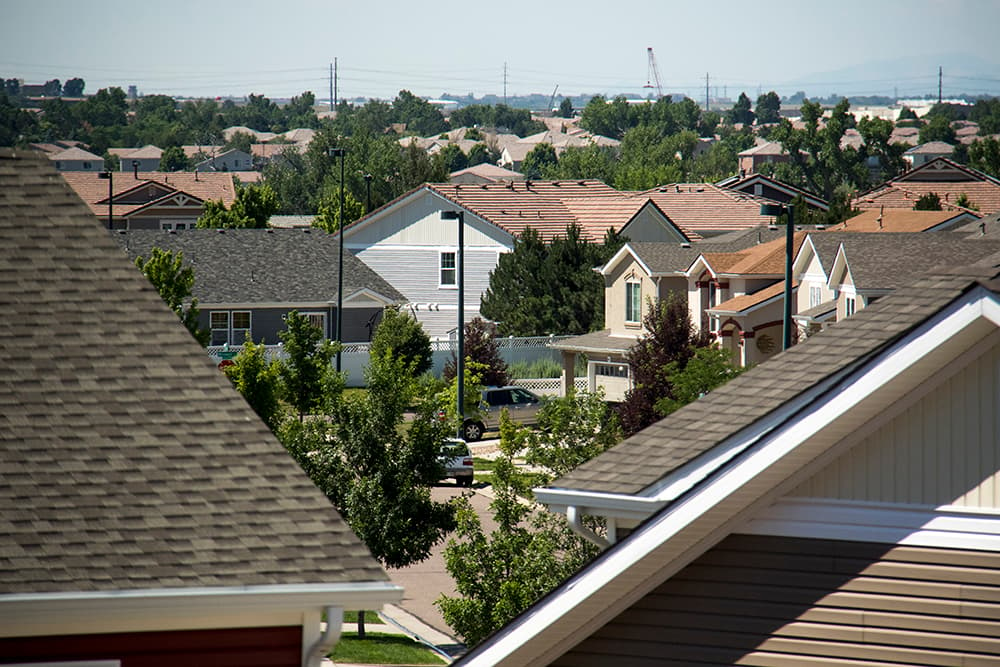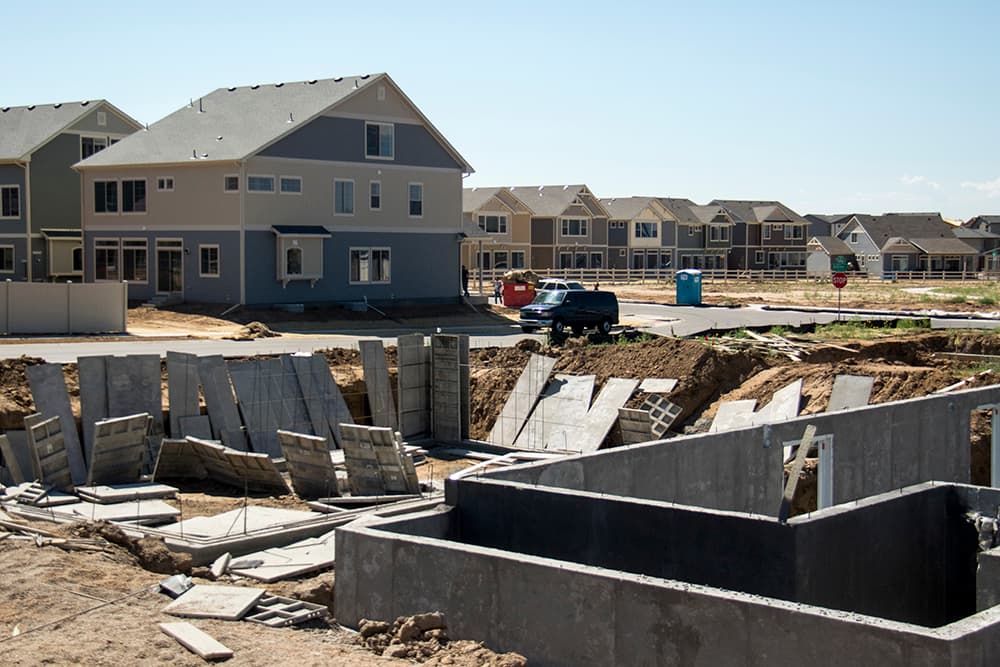
Hundreds of people may be living in homes they're not allowed to own in northeast Denver.
That's the latest revelation about problems with the city's affordable homeownership program, which includes about 1,200 homes that are supposed to be sold to people with limited income, and only for certain prices.
The problem caught public attention with a single woman's case last year. Now, city staff suspect that the rules are being broken on a broad scale, according to Derek Woodbury, spokesman for the Office of Economic Development
"We have identified approximately 300 affordable properties that are suspected of possibly being out of compliance," he wrote in an email. About 1,200 homes are covered by the program in all.
The city last month said that it was actively investigating eight different cases. At the same time, though, it was building a database and reviewing every property. Woodbury acknowledged the potential extent of the problems after an inquiry from 9News, which also was researching the affected homes.
The homeownership program is concentrated in Green Valley Ranch, Montbello and Stapleton. It dates back to 2002 and it's part of the city's previous affordable-housing effort.
Under the rules of the program, homeowners could be forced to sell their properties if they didn't meet the income restrictions at the time of purchase. They could have to sell below market rate -- even if that means they're losing money.
Officials have identified a range of other problems, too. Some homeowners are renting out the houses, which is against the rules, while others have improperly transferred the property to estates, trusts and LLCs.
It's unclear how this mess happened. Restrictions on the homes are supposed to be embedded in property documents and transferred with each sale. Each buyer is expected to have their income verified by the city -- but that's not always happening.
"In my experience ... the notion that this is an affordable housing unit was not discussed, and the buyer was not submitted to income verification, but it was submitted on the title commitment," said attorney Robert McGough, who is working with some of the homeowners.
In other words: The title companies that handle transactions often are aware of the restrictions, and they're publishing them in the documents that are produced with each sale, but no one is explaining the rules to homebuyers.
"The problem is that a real estate agent in Colorado has no liability to review and interpret a document like these declarations," McGough said. And the restrictions often appear without clear marking in lengthy documents, he said.
"The city has taken the position, ‘Read the fine print,'"McGough said. "None of these people who are involved in these transactions are qualified to read and understand that fine print."
In other cases, the title companies appear to have missed the restrictions altogether, he said. In those cases, the title company may be liable and cover the cost of the mistake -- but not always, due to time limits and other restrictions.
Woodbury said that the city has tried to ensure that homeowners stay in compliance with the restrictions, including by sending letters every few years, but McGough says they should have done more.
"This is a program that they are supposed to administer. That should have included periodically checking up on whether these properties were being bought and sold," he said.
Until now, Denver had only one employee dedicated to compliance in its affordable-housing programs. Now, the new leader of the Office of Economic Development is building up a team of people to enforce the rules.
"Up until now, we have relied on the good faith of the original affordable home buyer that had to get approved as an affordable home, No. 2, on the real estate agents making the transaction, No. 3, on the title company,"said OED director Eric Hiraga.
That's "obviously not," the approach going forward, he added.
That might be cold comfort for the homeowners stuck with homes they're not allowed to own. The city is working to contact all of the potentially affected homeowners within the next week.
They'll consider a "non-traditional approach," that will allow people "ample time to bring their property into compliance," according to Woodbury. But there's no indication that the city will make exceptions.
Do you live in an affected home or have other information about what happened here? Email me.












